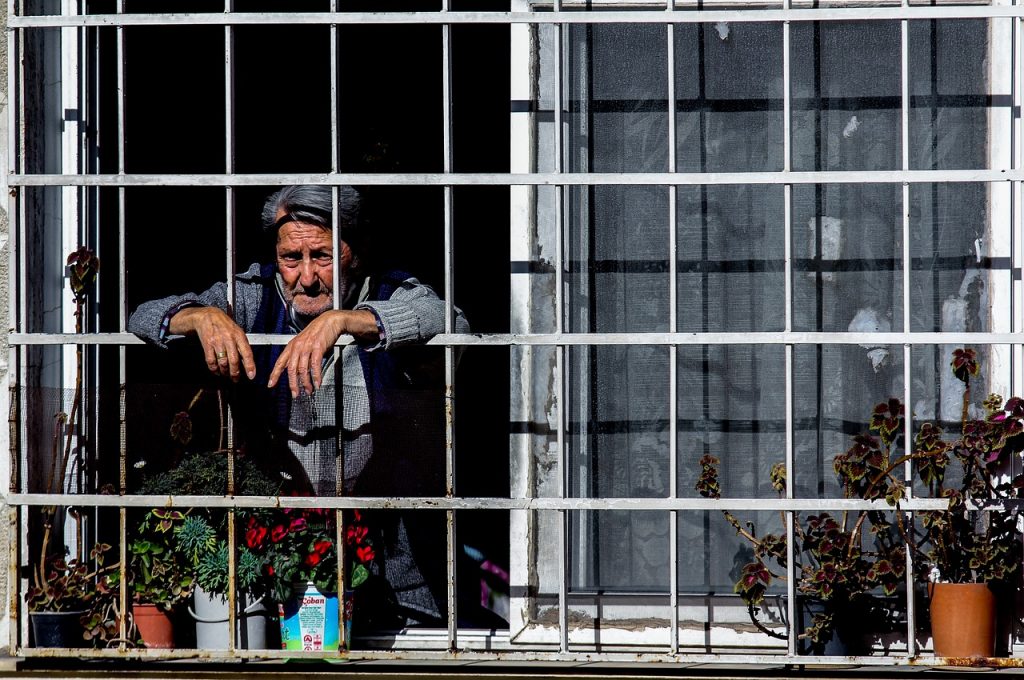There's some evidence that when economies shrink death rates go up.
Some economists are warning that shutting down the economy to combat Covid-19 could kill more people than if we just let the virus run through society. Why? Because GDP is going to fall, and a lower GDP is linked with higher death rates. GDP is the value of all the things an economy produces, from goods like trainers to services like haircuts. When lots of businesses close and lots of people stop working - as is happening in this lockdown - the economy as a whole produces less stuff, hence the falling GDP.
There are several reasons why GDP might impact death rates. A less wealthy society doesn’t have as much money to spend on life-saving things like healthcare or environmental and safety regulations. Poorer people tend to die younger. And when GDP used to be better than it was, aka when the economy goes into recession, studies suggest suicide rates jump.
Some economists think that the current UK lockdown will cause our economy to get 15 percent smaller over the next three months. For comparison, after the 2008 financial crash the UK economy got six percent smaller over 15 months. That recession, alongside the austerity policies that were deployed to combat it, has been blamed for 130,000 ‘preventable’ deaths in the UK, including 1,000 extra suicides. (Without lockdown, scientists have predicted that the coronavirus would have killed 250,000 people in Britain.)
Some economists also draw a distinction between the types of deaths that result from a recession versus a virus. Covid-19 disproportionately targets the elderly and unwell. Recessions affect everyone, but working-age adults are obviously most affected by the lack of jobs and lower wages. Adult workers are usually deemed to be more ‘productive’ than the elderly and the sick - they produce more stuff that drives up GDP, and on average consume less healthcare or government welfare. That’s why some economists think societies should prioritise reducing mortality rates in working-age adults over other populations.
Unsurprisingly, all of these theories around recessions and death rates are controversial and widely contested. Some people point out that the austerity policies were a political choice and that different responses to recession could have different results. Others say our worth to society should never be measured by how many widgets we could theoretically make in one working day.
Read our explainer on: GDP

